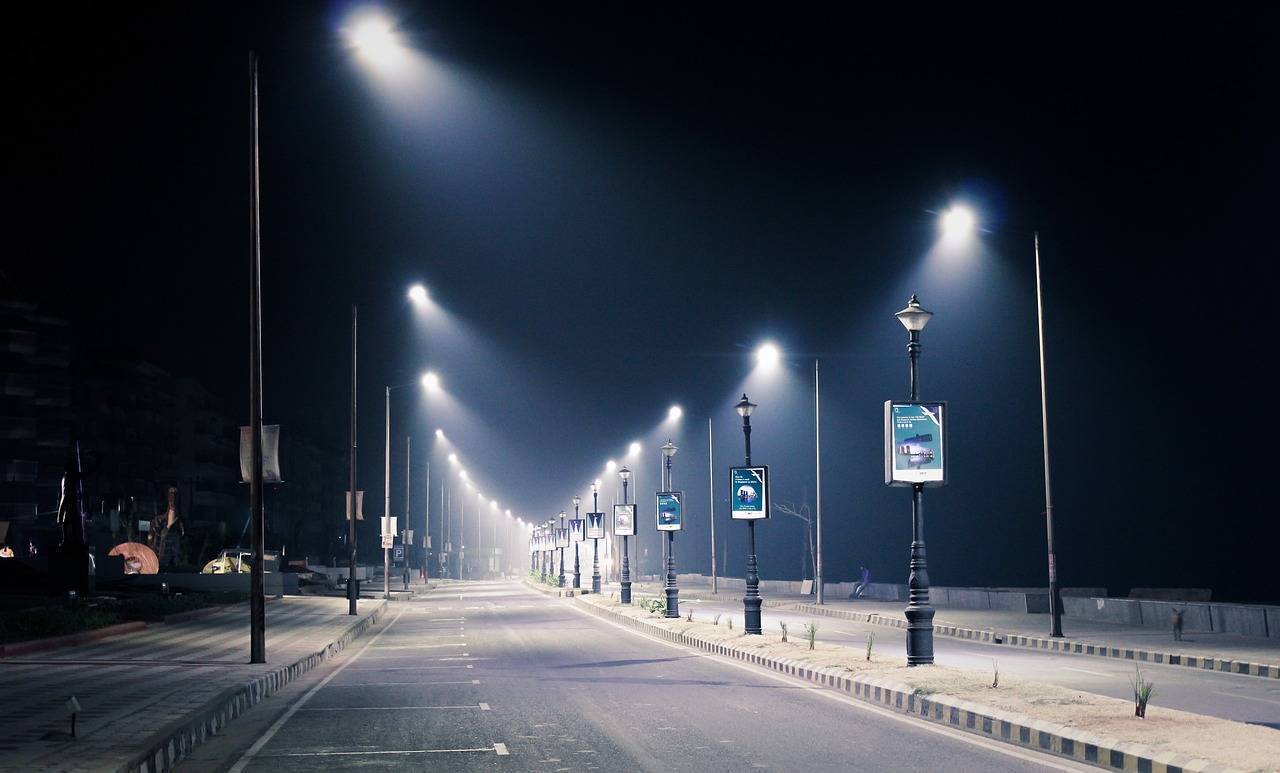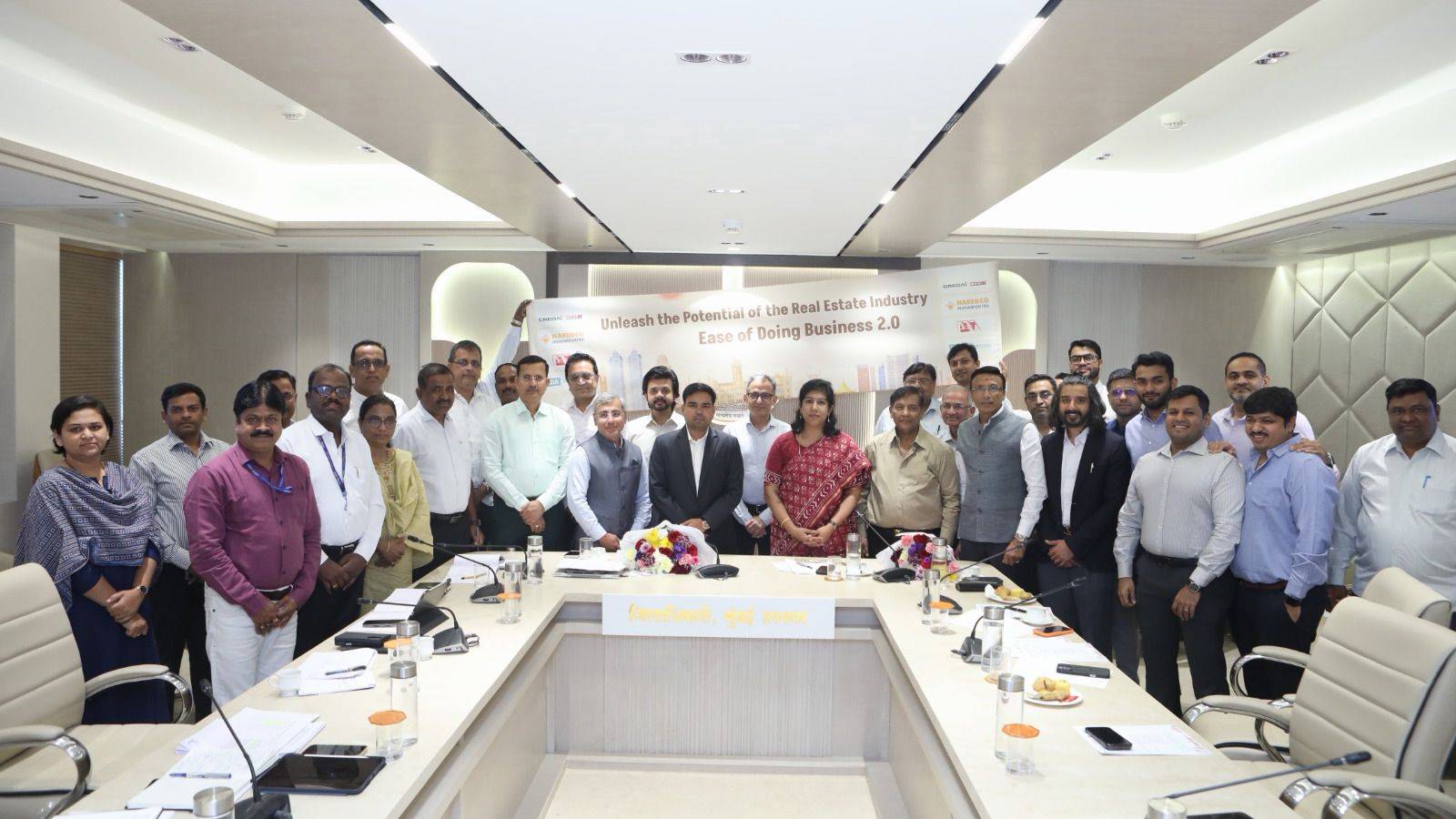The Municipal Corporation of Delhi (MCD) has developed a comprehensive proposal to replace around 4 lakh LED lights in key areas, including streets, parks, and other public spaces across four zones in the city: central, south, west, and Najafgarh. This proposal, estimated at a cost of Rs 1,144.3 crore, is designed to improve energy efficiency while reducing maintenance challenges for outdated lighting infrastructure.
Proposal Details and Funding Allocation
The MCD's plan involves a phased replacement of existing sodium and older LED lights with more energy-efficient LED fixtures. This initiative will be spread across three years, ensuring that all 4 lakh fittings are replaced. The new fixtures will have a minimum system illumination of 120 lumens per watt, significantly improving the quality of public lighting.
This proposal also includes the operation and maintenance of these new lights over a 10-year period, with an option to extend the contract by two additional years. The total cost of this venture is Rs 1,144 crore, with the MCD planning to make annual payments of approximately Rs 125 crore over the next decade. For the first year, the expenditure will be around Rs 21 crore. The funds will be used to replace the lights and to ensure the ongoing upkeep of the new installations, minimizing the risk of outages caused by aging infrastructure.
Operational and Maintenance Challenges
The existing contract with Energy Efficiency Services Limited (EESL), which has been in place for the installation and maintenance of LED lights, is set to expire in December. Under the current agreement, sodium lights were replaced with energy-efficient LEDs, and these lights have been maintained for seven years, with the contract extended for an additional year. The MCD has recognized the necessity of maintaining efficient lighting, which has become increasingly difficult due to the frequent malfunctions of older fixtures. With the useful life of LED lights being around 8-9 years in practical conditions, frequent faults make maintenance increasingly challenging.
The Importance of LED Lights in Public Infrastructure
Replacing outdated lighting fixtures with energy-efficient LEDs is an important step towards enhancing urban infrastructure. LEDs are known for their longer lifespan, lower energy consumption, and reduced maintenance costs compared to conventional lighting systems. By adopting these energy-efficient lights, the MCD aims not only to improve the aesthetic appeal of the city's public spaces but also to contribute to the city's sustainability goals. The new LED lights will provide better visibility while ensuring that energy is saved, reducing the overall operational costs for the civic body.
Approval Process and Future Steps
The proposal will be presented in the MCD House meeting for administrative approval and expenditure sanction. However, for the project to move forward, the standing committee, which has not been formed for over 21 months, must approve the final rate and agency for the project. If the standing committee is not formed by December, the MCD will need to find alternative solutions to proceed with the project.
In the meantime, the MCD has also prepared a request for proposal (RFP) for the tendering process. The RFP will be presented for approval to ensure that the process moves forward without delay. An official stated that by preparing the proposal in advance, the MCD aims to save time, and once the standing committee is formed, the final approval can be given promptly.
The proposed LED light replacement project is expected to significantly improve public services in Delhi. By enhancing street lighting, the MCD aims to increase safety for residents, reduce energy consumption, and make public spaces more accessible after dark. Additionally, with more reliable lighting infrastructure, the civic body hopes to eliminate the inconvenience of frequent outages, thus ensuring a smoother experience for city dwellers.
As part of the larger vision for the city, the MCD is also focused on maintaining the lights over a 10-year period, ensuring that once the replacements are complete, the lights will remain operational without further intervention.









.png)